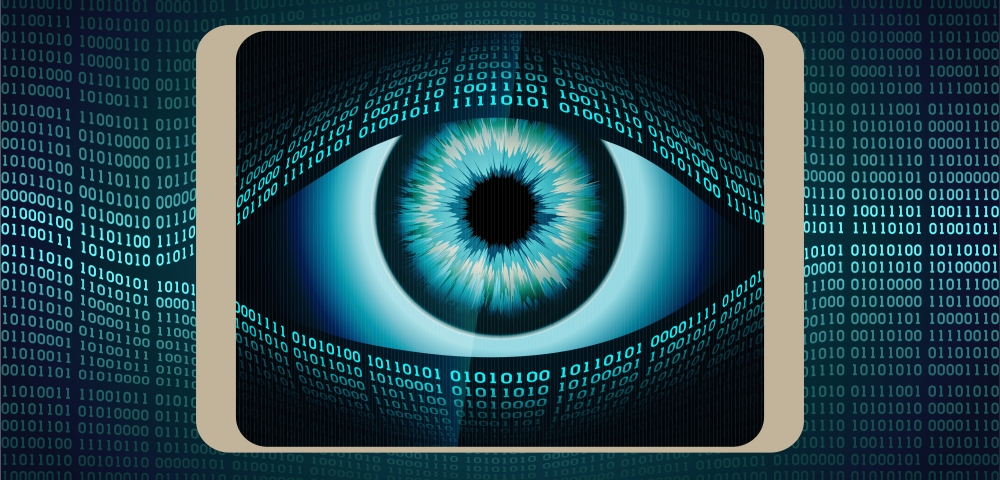
We are living in a world where the lack of privacy is becoming not only an issue, but also a norm. It’s a day-to-day reality that consumers worldwide have to live with. But, they may not even realize the extent of this issue.
There are cameras on almost every street corner, microphones in street lanterns, changes in privacy laws in the U.S., and constant ads and data collectors tracking our every move on the internet. Even on children’s websites, you can find an average of 18 trackers per site.
Often, people believe they can outsmart the system and escape tracking by deleting their cookies, using private mode or anonymizing their IP addresses. Allow me to let you in on a secret: Those tricks are myths and will not fully protect you on the internet. Third parties are still gathering your data and handing your information to companies, governments, and other organizations.
Today, data is the new fuel and a new currency. Personality profiles are harvested with every click, across all websites we visit and devices we use. Companies gather our purchase interests and details about our personal lives, such as your political affiliation, financial situation, religious beliefs, and even your health status.
Your personality profile is being developed over time based on the device you are using, the websites you are browsing, and – even more alarming – your mouse movements across the screen. Even if, at some level, all of this data gathering is used to make our lives easier, does that make it fair or morally correct?
For instance, data breaches have reached the political scene – not with the candidates or parliament, but actually with the electors. During the recent U.S. presidential elections, through data gathering, micro targeting was used to deliver the “right” messages to undecided voters. This means that by analyzing your online behavior, candidates delivered the correct and influential message to you to sway your vote! And all of this political cyber hacking doesn’t include one of the latest trends, doxing – which is the act of exposing an individual’s personal information online.
Another growing trend many consumers either are unaware of or overlook and disregard is the act of dynamic pricing. This practice, called price discrimination by consumer protection groups, makes basic goods and services needlessly more expensive depending on your personality profile. Little do individuals know that by connecting online from a mobile device, desktop, or a laptop, these devices are forever linked to your personality profile, which are developed from data trackers and abused over time. Thus, the data contained within your personality profile can lead to costly issues like dynamic pricing.
Why should we let data collection companies manipulate and take advantage of our personal browsing history? For instance, the “wrong” personality profile can raise the cost of basic insurance products. It means that if someone visits a sky-diving website their life insurance rates could increase; looks at a Cuban cigar online magazine their health insurance could become costlier; and if they research and buy police radar detectors could end up paying more for car insurance.
Knowing all of this, you would think that governments would start to legislate or pass laws to improve the protection of their citizens or constituents. Well, think again.
The newly appointed U.S. Congress just voted to eliminate the consumer privacy rules that the Federal Communications Commission enacted in October 2016. Those rules required internet service providers to obtain customer permission before selling their customers’ personal browsing behavior data. That law has now been removed and, effectively, has given control to the data collectors to sell consumer profiles to the highest bidder.
We are at just the tip of the iceberg when being followed by ads. There are many more layers underneath this privacy issue that are being tracked by the internet that people are not aware of – including our health status, political orientation, religious belief, and more. We always assume these aspects of our intimate lives are kept a secret from the rest of the world, but that is a myth.
The debate of privacy will continue to grow. Novelist Gabriel García Márquez may have anticipated the world changing surrounding this debate when he said, “All human beings have three lives: public, private, and secret.”
In today’s world, is there such a thing as a secret life anymore?
Christian Bennefeld is CEO and co-founder of eBlocker (www.eblocker.com).
Edited by Erik Linask

